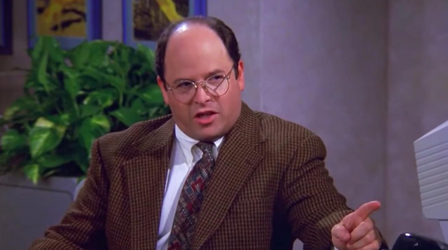only way to really know your 12v rail is to measure it from the cable while its under load. even if we assume the software is correct voltage that low is in spec. further voltage drop like that depends on the load on the 12v rail, ie the percentage use of the 12v rail. some psu's are most efficient around 50% load some are still great up to 80% load. that is as far as voltage drop goes, as this will be dependent on the topology of the power supply design. the quality of the voltage regulators and the capacitors in the power supply the heatsink/fan setup to keep it cool. age of the power supply is at play as well, there are some that do not know. the age of the capacitors does matter as they are in constant use, they degrade over time.
each 12v cable from the psu to the gpu is off the same 12v rail. the 16awg is more then enough for these short of a run, as you notice newer gpu power cables are using more 12v pins which are stil 16awg.
Picking exactly the right wire size is not an easy task at all. Different AWG (American Wire Gauge) wires have different diameters, cross-sections, and allow only a limited number of amps to flow through them. To adequately figure out what size AWG wire you need, you require at least a wire...

learnmetrics.com
if a single pair of 16awg wire can handle 17amp/150watts then you have 6 of those that is 900watts, at 8 your at 1200 watts. as they add more pins for the gpu plug standard it will support more load. in power supplies the few ways you will melt the cables, if the pin connectors getting loosened from plugging and unplugging. this basically shaves a bit of metal off each time they are plugged in and removed, they are being held in by friction. as the metal thins it will either be loose enough it doesn't make a good connection or the pin it self is thin enough it gets hot from the current demand. for 16awg wire to be a issue it would need to be a really long cable for this kind of power demand. main points to take away here are they need to be quality pin connectors, crimped/soldered properly for our needs. cheaper psu's are cheap for a reason, lower quality, cheap cables, cheap topology design. it will still get the job done but do not thing about using anything other then a mid range gpu it, even then that might push it to much.
Personal story, ran a 9600K locked at 4ghz with 2 ssd's/1060 6gb(stock) on a silver stone sst-st45sf with no issues. It moved through 2 or 3 other upgrades from the time i bought it here in the classies from a guy that did reviews at jonnyguru's site. after he took it apart he saw how bad the soldering job was done on the capacitors he re-soldered them.
worry less about the cables and more about the quality of the power supply, do not cheap out. power supply is really the last place you want to cheap out on.
**EDIT**
regardless if it is AC or DC voltage it is still going to carry the same wattage. for instance 1200watts@12v=100amps or 120vac=10amps, still 1200 watts.
**EDIT 2**
if the pins for the connector are close to what is used in the 4 pin molex connectors, that means a pair will handle 135watts. the cable wattage above in my post did not take in to account for the connectors limitations.




 to the forum George. Jeez... I must have been around here 80,000 years. I should have remembered to do that by now.
to the forum George. Jeez... I must have been around here 80,000 years. I should have remembered to do that by now.


